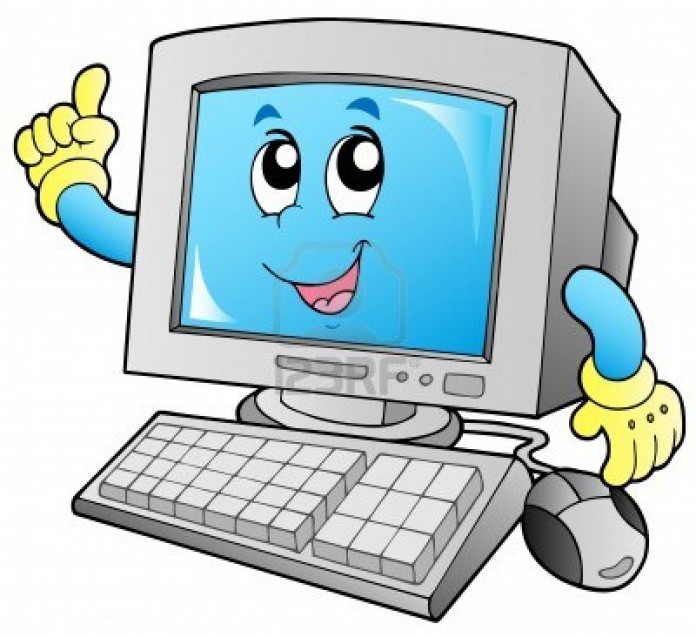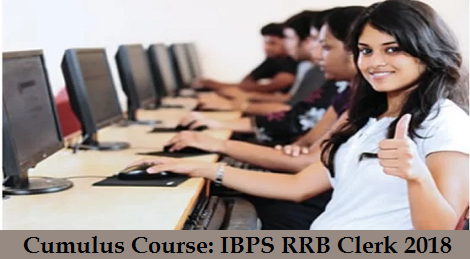Dear Aspirants,
Welcome to Online Computer Quiz in Affairscloud.com. Here we are providing sample questions in Computer Fundamentals. It will be useful for all SBI/IBPS/LIC exams and other competitive exams. We have also included some important questions that are repeatedly asked in previous exams.
- Instructions and data can be stored in the memory of Computer for automatically directing the flow of operations. It is called _____ concept.
(A) Objective Programming
(B) Stored program
(C) Both (A) and (B)
(D) None of the Above(B) Stored program - “Stored Program” concept was developed by ______
(A) Maurice Wilkes
(B) Von Neumann
(C) M.H.A. Newman
(D) None of the Above(B) Von Neumann - Electronic Discrete Variable Automatic Computer(EDVAC) was designed on __________ concept.
(A) Objective Programming
(B) Stored program
(C) Both (A) and (B)
(D) None of the Above(B) Stored program - Which of the following was a small experimental machine based on Neumann’s stored program concept?
(A) Analytical engine
(B) Pascaline
(C) Manchester Mark I
(D) None of the Above(C) Manchester Mark I - Third Generation computers were based on _______
(A) IC
(B) Vacuum tube
(C) transistor
(D) None of the Above(A) IC - In EDSAC, an addition operation was completed in _____ micro seconds.
(A) 4000
(B) 3000
(C) 2000
(D) 1500(D) 1500 - ULSI stands for______
(A) Ultra Large Scale Integration
(B) Ultimate Large Scale Integration
(C) Upper Large Scale Integration
(D) Ultra Large Script Integration(A) Ultra Large Scale Integration - Which of the following is fourth generation computer?
(A) INTEL 4004
(B) IBM 360
(C) IBM 1401
(D) None of the Above(A) INTEL 4004 - IC is made up of _________
(A) microprocessor
(B) vacuum tube
(C) transistor
(D) None of the Above(C) transistor - Father of modern computer______
(A) Charles Babbage
(B) Alan Turing
(C) Ted Hoff
(D) None of the Above(B) Alan Turing
AffairsCloud Recommends Oliveboard Mock Test
AffairsCloud Ebook - Support Us to Grow
Govt Jobs by Category
Bank Jobs Notification



